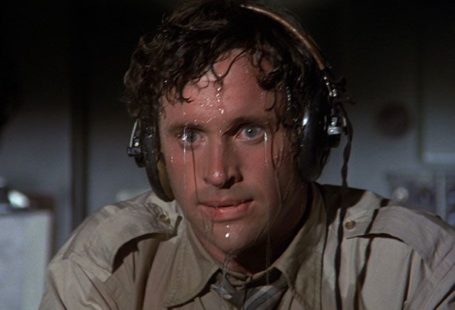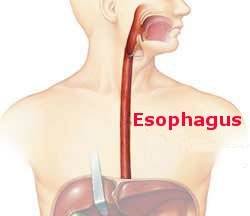This week’s blog is by a friend and colleague Dr. Ed Bender. Ed is a cardiothoracic surgeon who is affiliated with Stanford and practices in the Bay area. He is a pioneer in the development and use of Smartphone Apps for surgeons.
Using Smartphone Apps in a Daily Medical Practice
First let me tell you that I’m a Cardiothoracic Surgeon, and Dr. Little played a major role in my surgical training way back in 1986-7. He used to grill me and my fellow trainees on the risks and benefits to patients about to undergo chest surgery. I would like to think that I was knowledgeable and answered his questions correctly, even though I averaged very little sleep per night during training. Who knows, maybe I was pulling the wool over his eyes.
Fast forward to June, 2007. Steve Jobs introduces the iPhone and changes the world, including the world of medicine even though we didn’t yet realize it. We had the ability to find truth in the palm of our tired hands. We could query the web to find answers like the survival of patients undergoing surgery for early stage esophageal cancer. No memory required! Then Steve opened up the iPhone to third party developers, and we could write code to make tools that we could use on a daily basis, not to mention playing Angry Birds non-stop.
Let’s move to 2009. There were a bunch of risk calculators that helped to predict the success of undergoing major procedures, including open heart surgery. The problem is that you had to access them on a computer – usually the desk top in your office. I wanted these same tools in my hand to be used at the bedside as a conversation-starter for patients and family members. The two most commonly used in my specialty are the EuroSCORE and STS Adult Cardiac Surgery calculator. These used relatively simple calculations and the algorithms were publicly available. It was a simple matter to learn the mobile app frameworks (it did take about 6 months) and transfer the user interface and calculations to a smartphone app. I needed these because it was important to be as exacting as possible and I was trying to use an evidenced base approach to recommending treatment. I made them for myself at first, but others really wanted them, too. The iTunes app store made it easy to distribute this software, and the rest is history. The EuroSCORE app is free and has been downloaded more than 30,000 times. Smartphone apps became amazing to behold.
And now it’s 2018. The “wow factor” for medical smartphone apps has disappeared. They are routine tools, and people want easy usability and want them to fulfill a specific role. One application is the ability to track how we are training our future surgeons. Trainees can self-assess how they performed during an operation, and the training surgeon can do the same without knowledge of the resident’s assessment. They can communicate through their smartphones and compare notes. Milestones can be documented, and strengths and weaknesses can be discovered in a near real-time fashion.
If Dr. Little and I had had this tool back in 1986, I bet his satisfaction with me and my progress through the training period would have accelerated.
You can contact Ed Bender, M.D. on Twitter…. @ebender001



